Every time someone comments on how confident I am (sub: How I seem confident), I often combat it with, “Man, I have you fooled!” Delivered with a bright smile, and followed by appreciation for their compliment.
The statement always gets a laugh.
I find that the quip makes people who truly wish they could be more confident feel better about themselves. Because when I used to comment on how confident others seemed, I was deeply insecure at that time in my life.

Don’t get me wrong, I’m making some assumptions here. But I wonder how much of my surprising-to-others “confidence” they read from me is actually because I’m fat, and some people can’t fathom how you can be fat and genuinely confident.
I come across (to new people) as a bubbly, open-book, little-phases-me type of person. And when people see me, I wonder if they rack their brains over how the hell I could be so self-assured when they may feel like they’re a melting pot of insecurities.
The funny thing is that being fat is actually a massive part of my self-confidence. (No pun intended.)
I’ve not been fat my entire life, but I was always treated like I was.
Seeing young photos of myself—photos I threw out because it brought back memories from when I was treated like slovenly filth that no one wanted to be near because I was that repulsive to them.
I noticed the dimness on my young face fade further throughout the years of photos.
That’s not something I want to relive.
A photo that stood out was one of me in a bikini. I had visible abdominal muscles then—there was no date on the photo, but I'm guessing we were around 14 or 15.
I stood on the right side, one-point-five human-sized spaces away from two of my tiny “friends” who crowded beside each other on the left. Both with their prideful smiles juxtaposed with my feigned, squinting grin—seemingly holding back tears.
I remember the girl closest to me most. Not too long before the photograph was taken, she said to me, “Hey, your fat rolls look funny.” The other girl threw her head back and cackled.
I slapped my stomach, and it sounded like hitting an over-filled basketball. Then I lightly tapped her little pooch and said, “What? Who’s jiggling?” with a giggle.
I thought they’d laugh, but they didn’t. The other girl called me a “jealous, fat cow,” and the one I tapped chuckled at that, and rolled her damp eyes at me.
In the photo, my eyes read confusion—teetering on lifelessness.
I tore the picture and threw it away, along with most of the others that didn’t have my mom in them—anything that made me feel less-than or brought back terrible memories were trash.
No matter how hard I worked on my body, it was always going to be “different” and unacceptable. I’m wide, broad, and stalky. I’m large-chested, and have a big backend. No peer accepted my body or even liked it, I thought. And the only “positive” attention I got was from creepy older men trying to groom me.
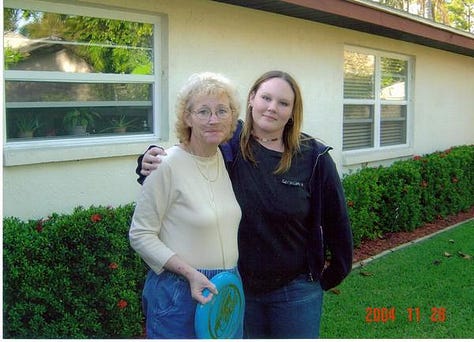
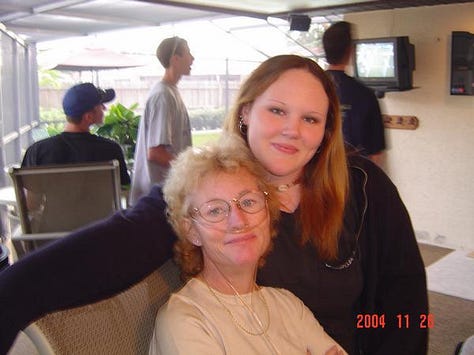
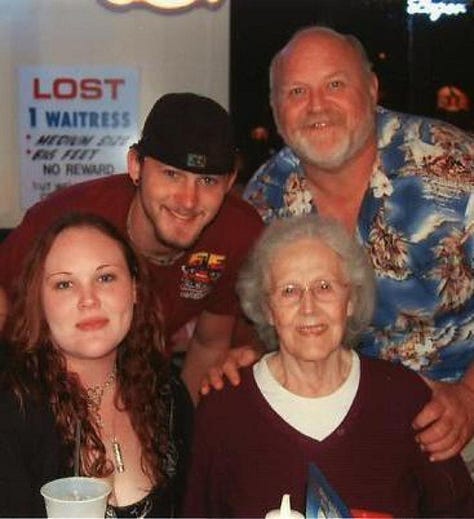
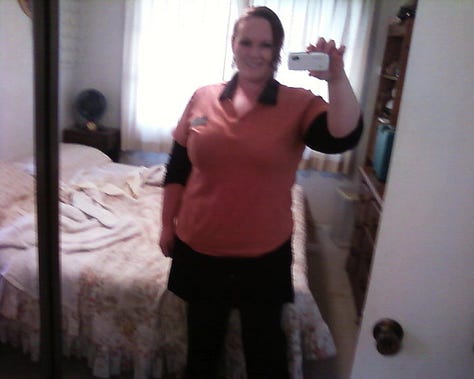
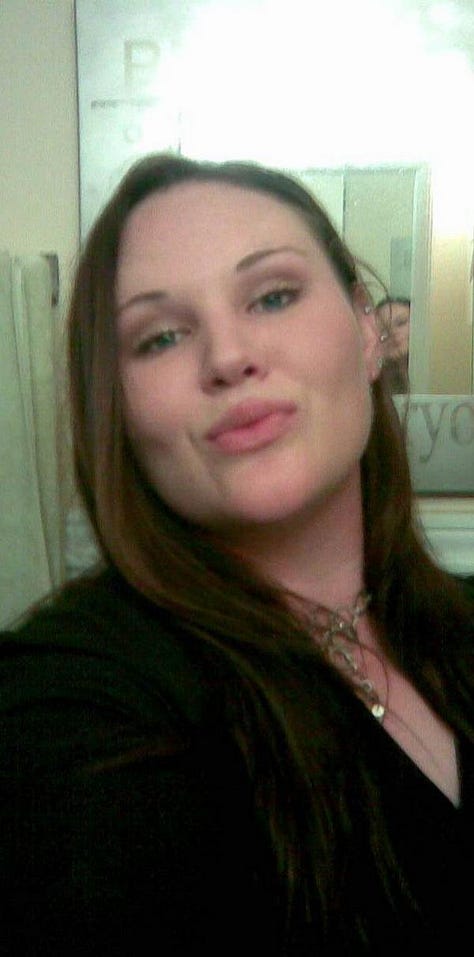
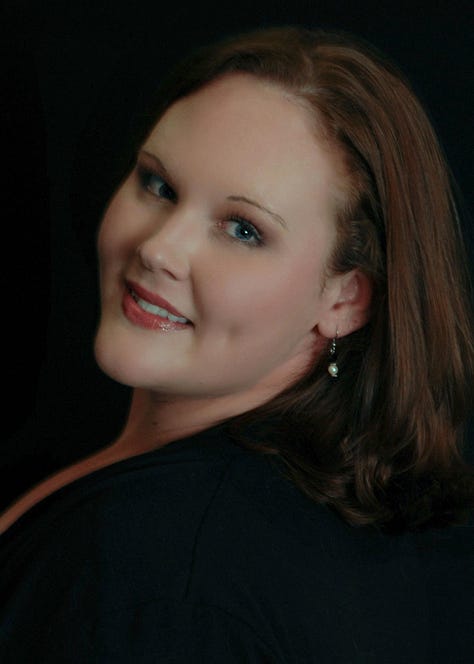
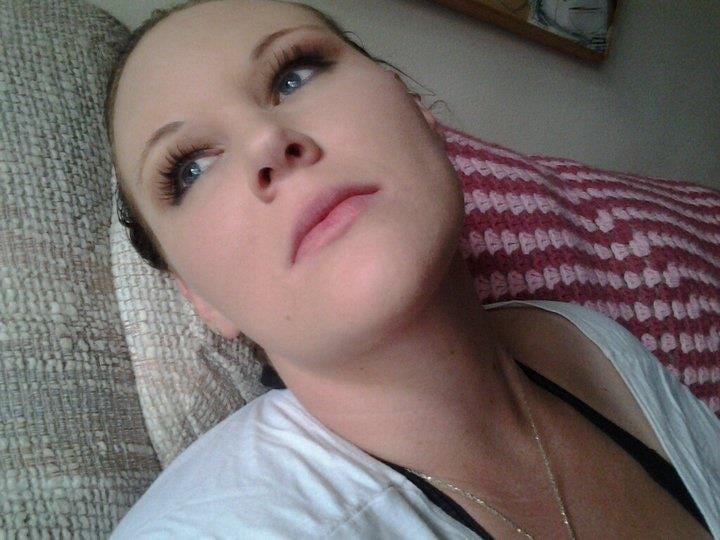
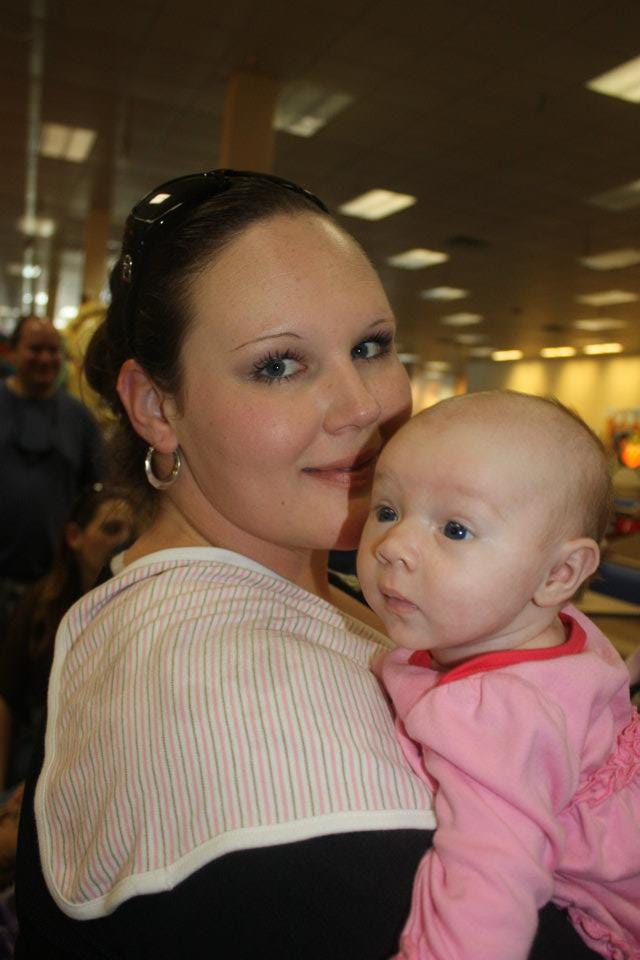
Looking at those pictures, pulled from the box of crap my dad shipped to me (even after I blatantly told him not to), I finally realized that everyone projects.


